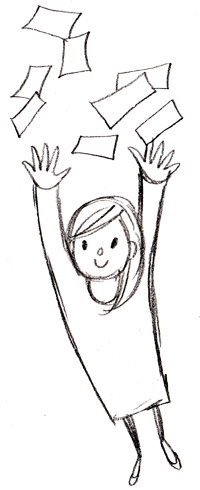⁂ Article
The #OGB: A Native Path for Open Governance
The #OMN governance model we’re working with doesn’t come from corporate boards or #NGO playbooks. It comes from the mud, the rain, the late-night meetings […]
The #OGB (Open Governance Body) isn’t built around the smooth, efficient ideals of platform logic or institutional control. It’s messy by design, because it’s rooted in real-world activist practice. It draws from the hard-won experience of protest camp organising, where consensus, affinity, and trust are the foundations of action.
The #OMN governance model we’re working with doesn’t come from corporate boards or #NGO playbooks. It comes from the mud, the rain, the late-night meetings under tarps and tents, where people work through differences because they have to – because they’re doing something together that matters. This is people-to-people trust, built over time, grounded in shared struggle. We’re not designing for online autocracy. We’re designing for affinity groups.
So yes, the #OGB is trying to do what many others won’t. Not because it’s easier (it’s not), but because it’s necessary.
We already know this kind of organising works, not in theory, but in practice. Sometimes badly, sometimes slowly, but it works. People come together, they make decisions, they take action, and they build power without needing top-down control. But we also know it doesn’t scale well – that’s always been the limit of these methods. Consensus is powerful at small scales, but it breaks under weight if there’s no structure to hold it.
That’s where the #Fediverse and #ActivityPub come in.
The #OGB is built on the idea that the horizontal protocols of the Fediverse can scale this kind of messy, native governance, not by centralising it, but by networking it. Federation isn’t just a technical model; it’s a political one. It mirrors the way affinity groups operate: autonomous, loosely coordinated, sharing enough common ground to work together without collapsing into uniformity.
This is what we mean when we say the #OGB is native. It’s growing from within the world we’re already in – not imposed from outside. It respects mess. It embraces friction. It understands that governance isn’t something you tack on later, it’s something you live through, build with, and struggle over, together.
You can see the work in progress here: https://unite.openworlds.info/Open-Media-Network/openwebgovernancebody
If we’re going to have a real #openweb, we can’t keep mimicking the logic of platforms and empires. We have to build our own paths, grounded, imperfect, resilient.
We invite you to walk this path.

A story for outreach: https://unite.openworlds.info/Open-Media-Network/openwebgovernancebody/wiki/Out+reach+short+story+-+Stalls+and+Code.-
